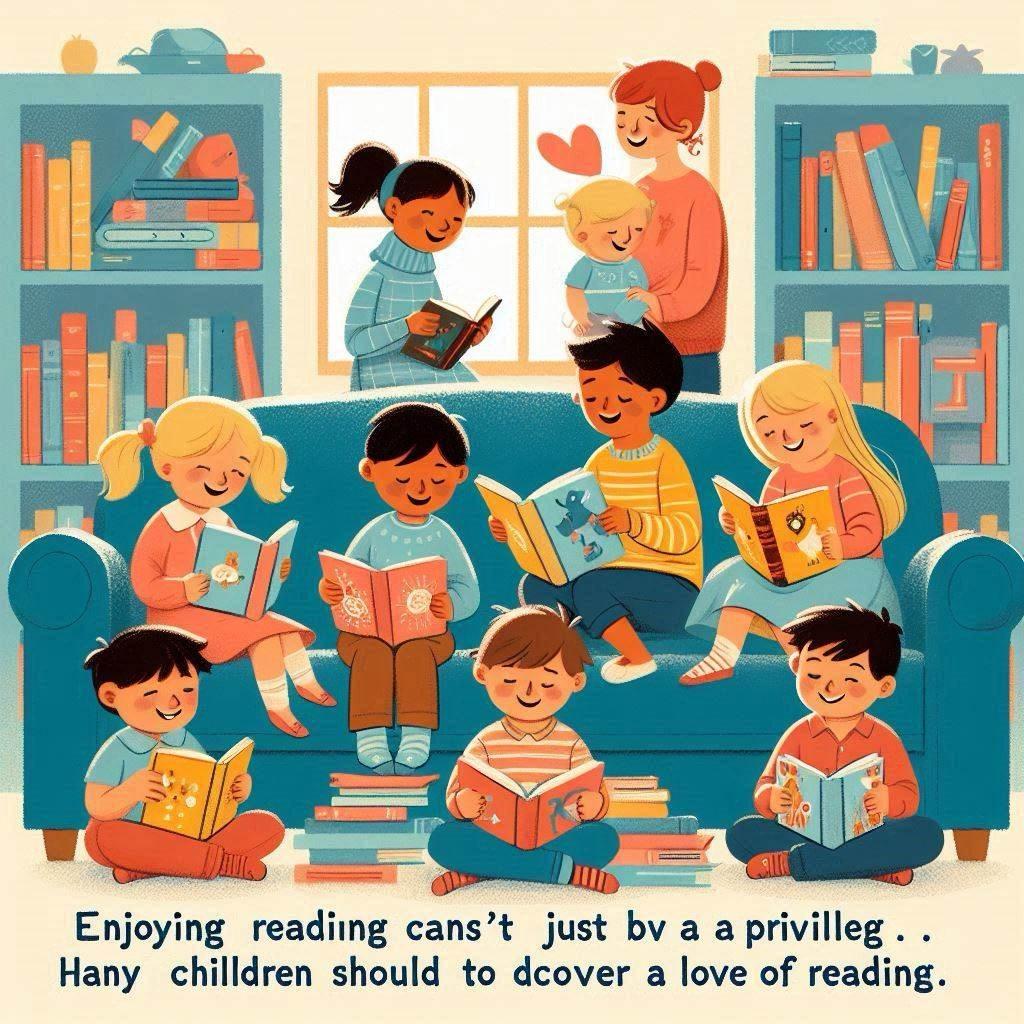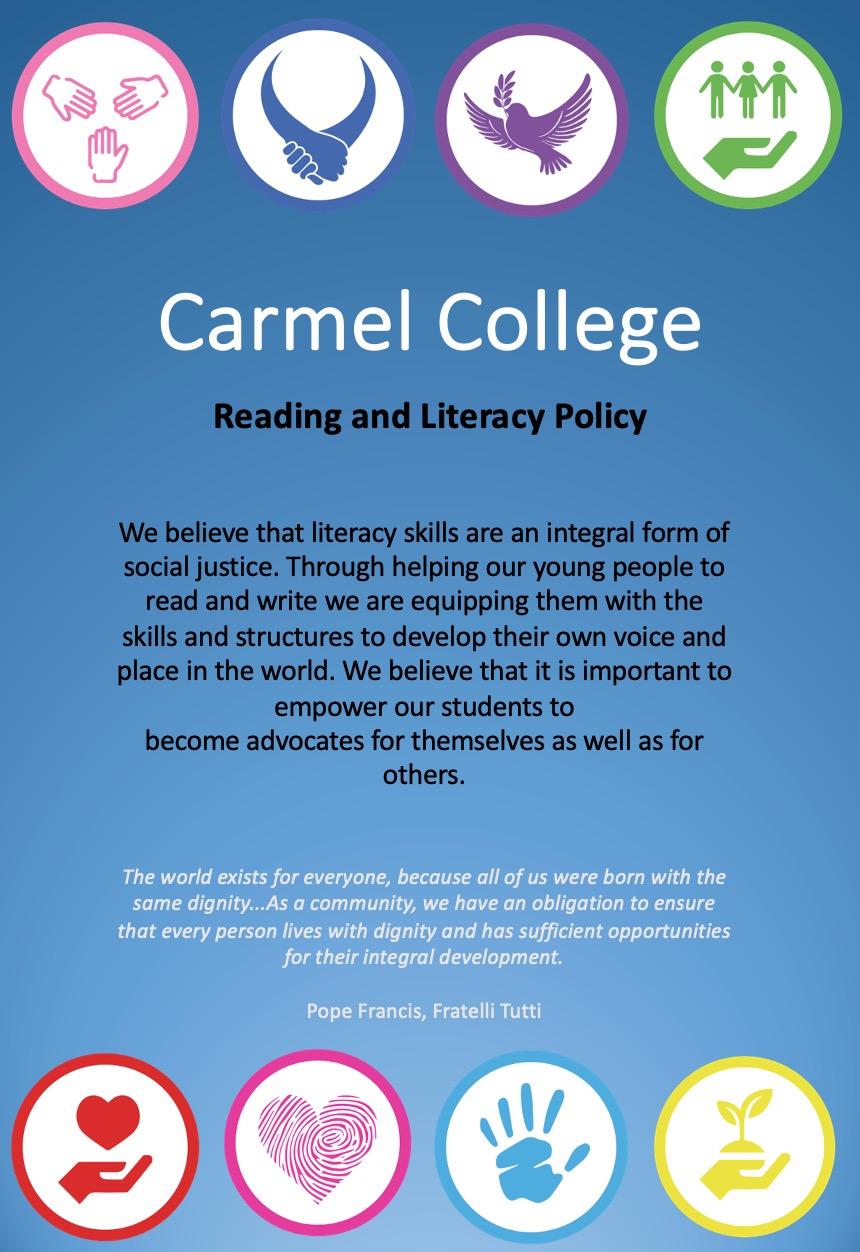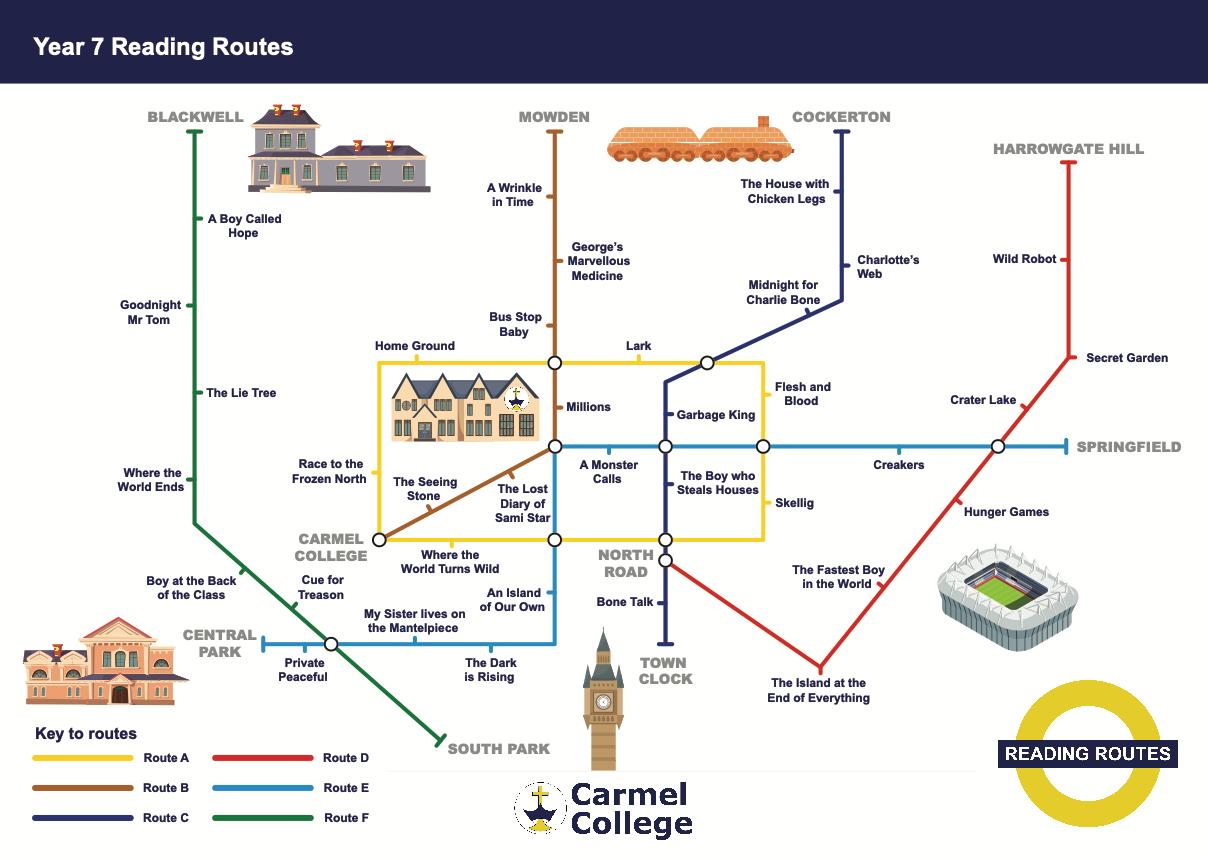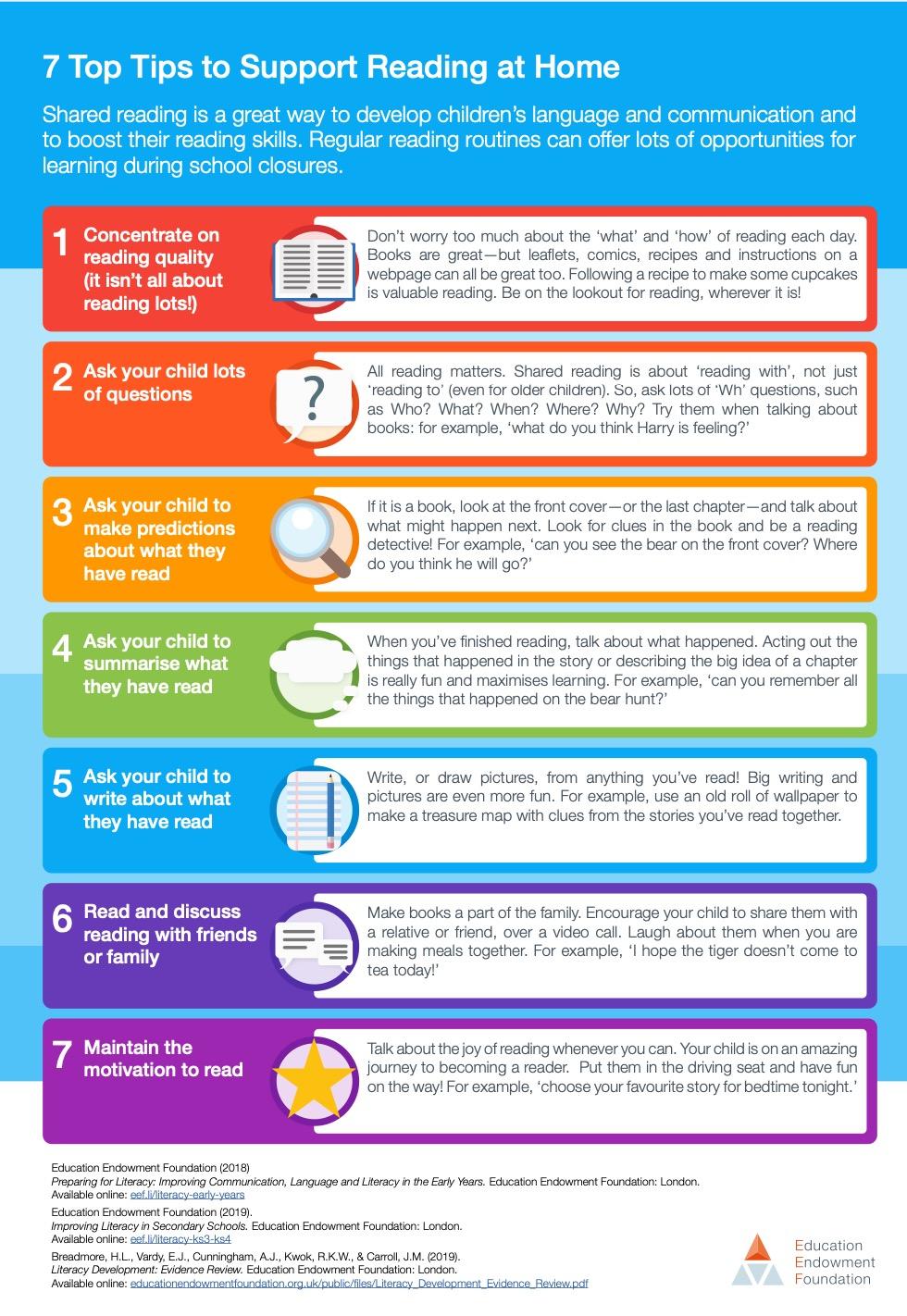Supporting reading at home
“Enjoying reading can’t just be a privilege; all children should be able to access books, no matter what…Having good literacy skills supports children to succeed in life, and everyone should have the opportunity to discover a love of reading.”
Marcus Rashford
Why is it important?
Research from the EEF, BookTrust and the National Literacy trust all tell us that reading helps:
1.Cognitive Development: Reading enhances brain function, vocabulary, and comprehension skills. It stimulates critical thinking and imagination, fostering cognitive growth.
2.Language Acquisition: Exposure to diverse texts improves language acquisition. Children learn new words, sentence structures, and communication skills through reading.
3.Develop relationships: Reading together creates strong experiences between parents and children. It’s a shared experience that promotes empathy, understanding, and connection as well as supports our young people’s mental health.
Where do I start?
1. Talk to staff – if you are unsure where to start please talk to us. We have our librarian Mrs Creek, along with our reading leads Mrs Jones and Miss Collins who are always here to help. Speak to the form tutors who read with the students every Monday and share reading progress with you on AMD.
2. Have a look at our policy and our website – this is a great resource to learn more about what we do in College to promote reading. Read our newsletters, there are so many events and opportunities to talk to your child about.
3. Ask them about their reading routes or how they read in their lessons
What can I do?
1. Create a reading routine at home – choose a time when everyone reads.
2. Read together – take turns reading aloud to each other.
3. Find things to read - it could be the news, a recipe, a shopping list, directions, a poem, a song or a book – anything that catches your interest! Keep saying and sharing words aloud.
4. Explore different ways of reading – look at genres through audio books, online texts and even subtitles
5. Discuss what you read – talk about it, ask each other questions, share your favourite reading with one another.
6. Visit the library – borrow some books, look out for events in the community like book clubs and buddy reading.
7. Celebrate reading words, practicing pronunciation and exploring different genres are all things to celebrate. In our College policy we share these top tips from the EEF to support your child with their reading at home.








